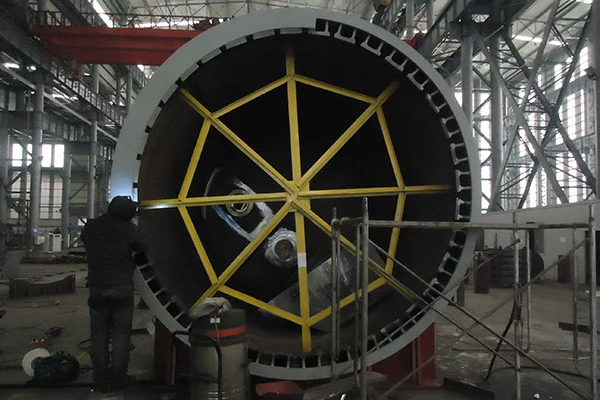
In today's interconnected world, international trade plays a pivotal role in shaping globalization. The intricate web of economic, political, and social interactions between nations has transformed the global landscape. This article delves into the multifaceted impact of international trade on globalization, exploring its effects on economic growth, cultural exchange, technological advancements, and environmental sustainability.
- Economic Growth:
International trade acts as a catalyst for economic growth by facilitating the exchange of goods, services, and capital across borders. It enables countries to specialize in the production of goods and services in which they have a comparative advantage, leading to increased productivity and efficiency. By expanding markets and promoting competition, international trade stimulates innovation, fosters entrepreneurship, and drives economic development. - Cultural Exchange:
Globalization, fueled by international trade, fosters cultural exchange and diversity. As goods and services flow across borders, cultural ideas, practices, and values are shared, leading to a rich tapestry of global cultural integration. People are exposed to different languages, cuisines, traditions, and art forms, promoting cross-cultural understanding and appreciation. This cultural exchange enhances social cohesion, promotes tolerance, and enriches societies worldwide. - Technological Advancements:
International trade acts as a conduit for the transfer of technology and knowledge between nations. Through trade, countries gain access to advanced technologies, expertise, and best practices, accelerating their own technological development. This exchange of ideas and innovations drives technological advancements, enhances productivity, and fuels economic growth. Additionally, international collaboration in research and development, facilitated by trade, leads to breakthroughs in science, medicine, and other fields, benefiting humanity as a whole. - Environmental Sustainability:
While international trade has undeniable benefits, it also poses challenges to environmental sustainability. The increased movement of goods across borders contributes to carbon emissions, deforestation, and resource depletion. However, international trade can also be a force for positive change. Through trade agreements and regulations, countries can promote sustainable practices, encourage the adoption of clean technologies, and mitigate environmental degradation. Furthermore, international cooperation and knowledge sharing can lead to the development of global environmental standards and initiatives.
Conclusion:
International trade is a driving force behind globalization, shaping the interconnected world we live in today. Its impact extends beyond economic growth, influencing cultural exchange, technological advancements, and environmental sustainability. As nations continue to engage in trade, it is crucial to strike a balance between reaping the benefits of globalization and addressing its challenges. By fostering cooperation, embracing innovation, and promoting sustainable practices, we can harness the power of international trade to create a more inclusive, prosperous, and sustainable global community.







